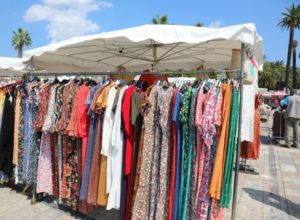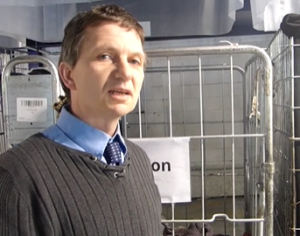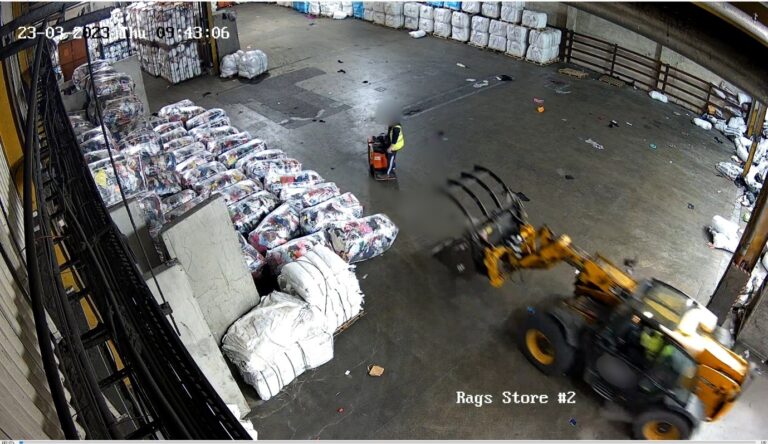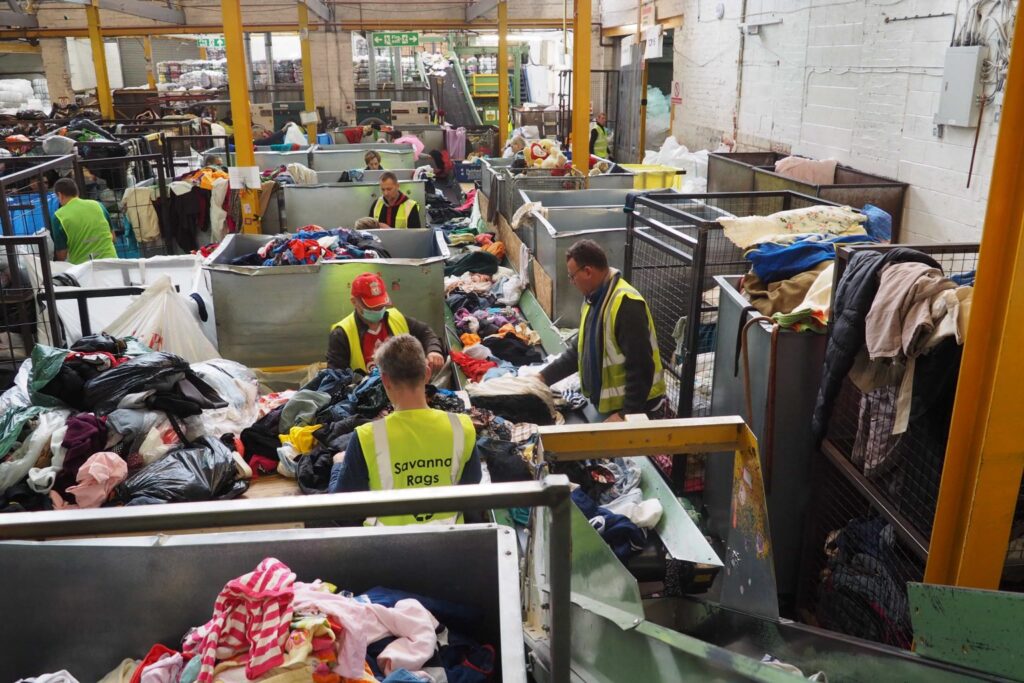
The campaign, released today (10 August), was launched by the Textile recycling Association , the Bureau of International Recycling, the European Recycling Industries Confederation and the US trade association SMART.
It comes off the back of recent media reports that claimed used clothing can end up being dumped in developing countries (see letsrecycle.com story).
The associations are calling for today’s report to be circulated widely, to “strongly encourage” the world to consume used clothing and textiles.
‘Misconception’
The report urged against the “common misconception” that second-hand clothing is exported to developing countries and dumped.
According to the associations, clothing not sold directly at markets gets passed down the supply chain and ends up selling in other stalls throughout the region.
The report added that the used clothing industry is actually “gaining momentum” with “tremendous environmental, social, and economic benefits” and that the demand for used clothing is growing in response to consumers becoming environmentally conscious.
It described this as a “win-win” situation for people looking for a place to re-use their clothing and for consumers searching for good value.
Kenya
The campaign points to research undertaken by the Institute of Economic Affairs in Kenya on the 5 April this year, surrounding the used clothing industry and its contributions to the Kenyan economy.

Key findings where that the used textile industry is “crucial” to Kenya’s economy as it employs around two million people and accounts for 10% of the extended workforce.
The report argued that therefore, the second-hand clothing industry “improves standards of living for two million people and reduces poverty levels”.
Explaining this, Alan Wheeler, chief executive of the TRA, said: “The used clothing industry will continue to underpin the viability of circular business models for decades to come and supplying used clothing to markets and people wherever they are in the world will be fundamental to achieving the maximum environmental benefits as well as social and economic benefits.”
‘Solution, not the problem’
In the United States, Jackie King, executive director of secondary materials and recycled textiles Association (SMART) added that second-hand clothing exported to countries is sorted and graded for customer needs or preferences.
“Suppliers do not ship waste; it is not cost-effective. Customers demand quality clothing for resale, not waste; the semantics of ‘waste’ really means what they couldn’t sell. The reality is if clothing doesn’t sell, it is often shipped to other worldwide markets for resale or recycling – not thrown away.”









Subscribe for free